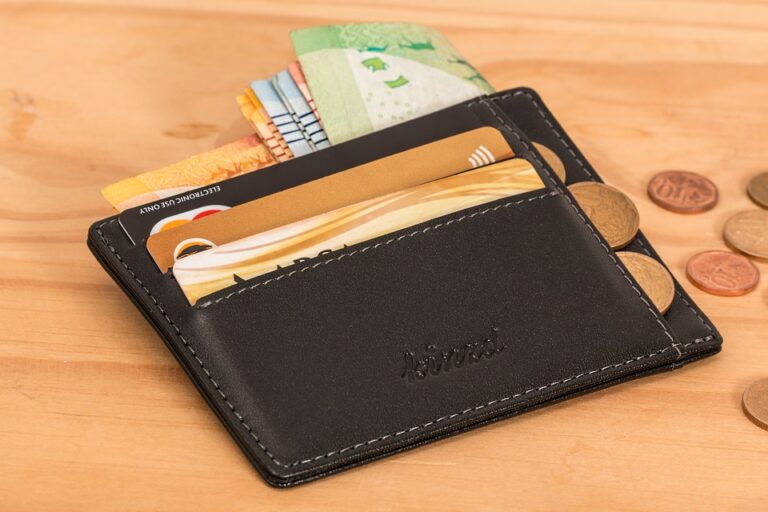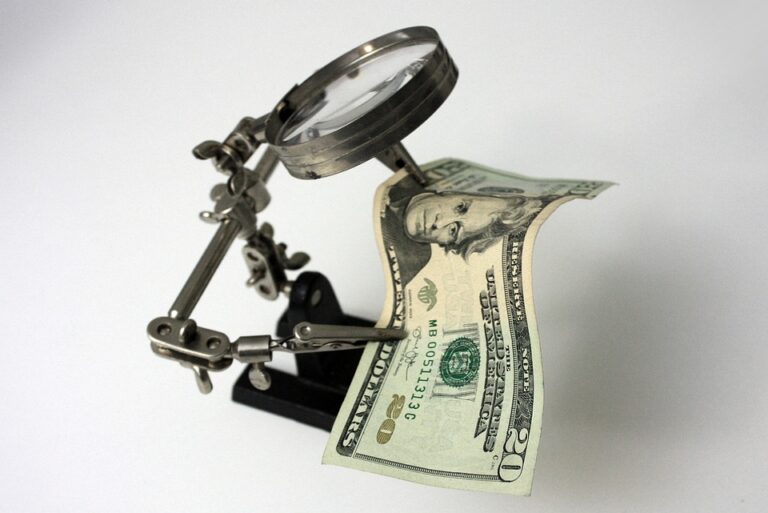Last updated May. 5, 2025 by Charles Zemub
In today’s economy, everyone is looking for ways to save money. However, there’s a fine line between being frugal and being cheap. Understanding the difference is crucial, as it reflects on personal values, relationships, and lifestyle choices. This article will explore the key qualities that differentiate a frugal person from a cheap one, helping you navigate the path of financial prudence with dignity and respect.
Understanding Frugality
Frugality is a practice that involves being economical in the use of resources. Frugal people are deliberate in their spending and are guided by a sense of value. They prioritize quality over quantity and are often motivated by the long-term benefits of their financial decisions.
Key Traits of Frugality:
-
Value-Oriented: Frugal people focus on getting the most value for their money. They research and compare products, ensuring they make informed decisions.
-
Quality over Quantity: Instead of opting for the cheapest item, frugal individuals invest in items that may cost more upfront but last longer, ultimately saving money.
-
Environmental Awareness: Many frugal people practice sustainability, choosing to repair, reuse, or recycle items to minimize waste.
-
Budget-Conscious: Frugal individuals often adhere to a strict budget, ensuring their expenditures align with their financial goals.
-
Long-term Planning: Investing in quality means fewer replacements and repairs, contributing to long-term savings.
- Mindful Spending: Rather than impulse buying, frugal people carefully consider whether a purchase aligns with their needs and values.
Identifying Cheapness
Cheapness, in contrast, is often driven by a desire to spend as little money as possible, frequently at the expense of quality, relationships, and sometimes ethics. Being cheap can negatively impact personal and professional relationships, as it often places savings above all else.
Key Traits of Cheapness:
-
Cost over Value: Cheap individuals prioritize the lowest price, overlooking the importance of value and quality.
-
Short-term Mindset: They often make decisions that save money in the short term but end up costing more in the long run.
-
Relationship Strain: Being cheap can affect relationships, as friends and family may view the cheap person as ungenerous or inconsiderate.
-
Neglects Quality: Cheap individuals often choose inferior products to avoid spending more, leading to frequent replacements and dissatisfaction.
-
Ethical Compromises: In some cases, cheap people might ignore ethical considerations—like fair labor practices—if it means saving a few dollars.
- Avoids Responsibility: They may shirk responsibilities, such as fair tipping, which can be perceived as inconsiderate or disrespectful.
The Distinction Is Subtle but Important
The difference between frugality and cheapness lies in the motivation and outcome of financial decisions. Frugality is about strategic and thoughtful spending, while cheapness often overlooks the broader impact of saving money.
Frugal vs. Cheap: Practical Examples
-
Dining Out: A frugal person might skip dessert to stick to their budget, while a cheap person might not tip adequately to save money.
-
Shopping: Frugal shoppers may use coupons to purchase high-quality products, whereas cheap shoppers might buy the least expensive option regardless of quality.
- Gifting: Frugal individuals seek out meaningful gifts within their budget, but cheap individuals might give gifts that are evidently low-cost or thoughtless.
Transitioning from Cheap to Frugal
If you find yourself leaning more towards cheapness, there are ways to adjust your habits. Being aware of your spending motivations and considering the broader impact of your financial choices can help you transition to a more frugal mindset.
Steps to Become More Frugal:
-
Prioritize Value: Focus on the quality and longevity of purchases, not just the price.
-
Plan Ahead: Develop a financial plan with clear, long-term goals to guide your spending decisions.
-
Invest in Relationships: Recognize the importance of generosity and fairness, particularly in social settings.
-
Educate Yourself: Learn about ethical consumerism and sustainability to make more informed decisions.
-
Budget Wisely: Create a detailed budget that accounts for necessary expenses, savings, and leisure activities without cutting corners unreasonably.
- Reflect on Impacts: Consider how your saving practices affect others and your future self.
Conclusion
Understanding the difference between frugality and cheapness is essential for making responsible financial decisions that align with personal values. Frugality reflects a balanced approach, focusing on value, sustainability, and long-term planning, while cheapness can often have negative repercussions both personally and socially. Embracing frugality can lead to more meaningful and fulfilling interactions with both money and relationships.
✓ Short Answer
Frugality and cheapness differ primarily in motivation and impact. Frugality involves making financially and ethically sound decisions, prioritizing value, quality, and sustainability. In contrast, cheapness focuses solely on cost-cutting, often sacrificing quality and ethical considerations, which can negatively affect relationships and long-term financial health.
FAQs
What is the main difference between being frugal and being cheap?
The main distinction lies in motivation: frugality seeks value and quality, while cheapness focuses on spending as little as possible regardless of the broader impact.
Can being cheap affect relationships?
Yes, being cheap can strain relationships as it often involves decisions that prioritize saving money over fairness and generosity, such as inadequate tipping or giving thoughtless gifts.
Is it possible to change from cheap to frugal?
Absolutely. With reflection and effort, you can adopt habits that focus on value and ethical spending, transitioning from a mindset of saving at any cost to one that balances financial prudence with meaningful living.
How can I become more environmentally conscious while being frugal?
Focus on buying quality over quantity, repairing and reusing items, and choosing products from companies with sustainable practices. This will align your financial decisions with environmental consciousness.
What are some signs that someone might be too focused on being cheap?
Signs include consistently choosing the lowest-cost option without regard for quality, avoiding fair contribution in social settings, and neglecting ethical considerations in purchasing decisions.



